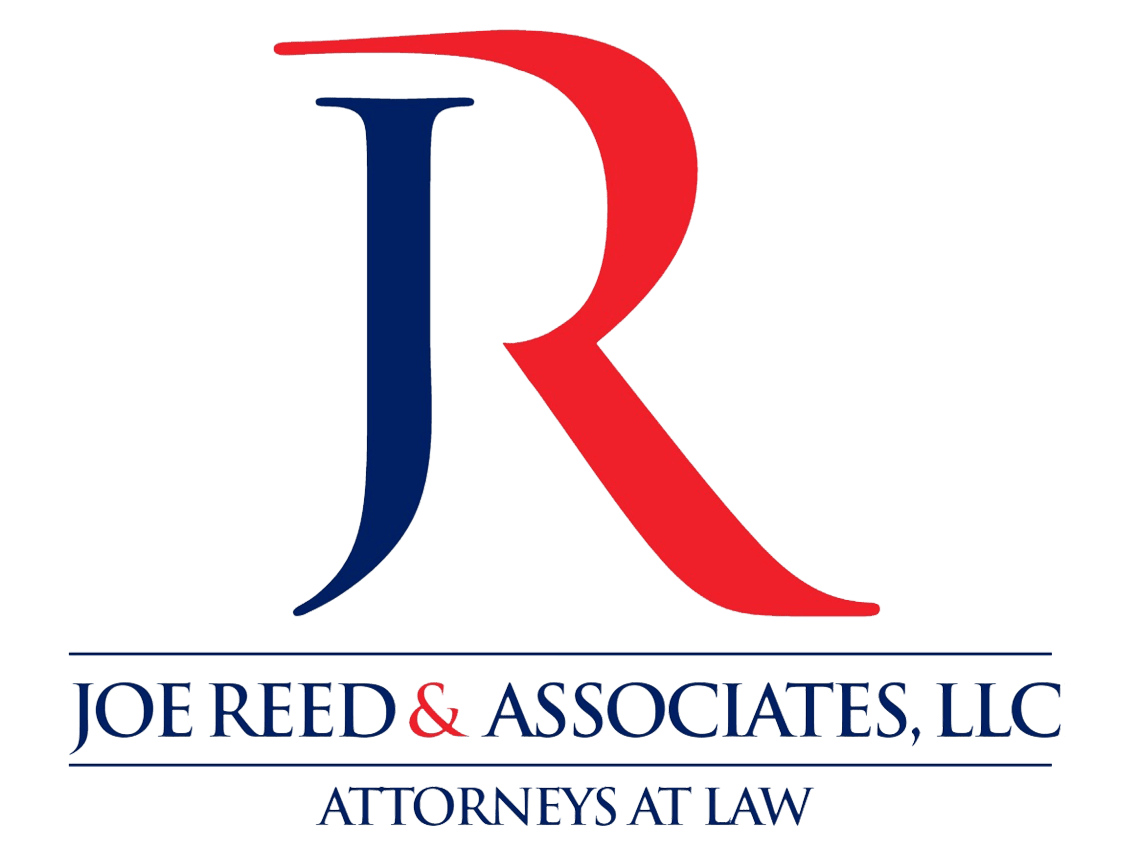Types Of Asset Forfeiture
Regardless of the type of asset forfeiture case you are facing, you can trust our Montgomery and Birmingham asset forfeiture lawyer at Joe Reed & Associates, LLC, to aggressively defend you and your property.
When the authorities take action to try to seize a person’s property, the ensuing asset forfeiture proceedings can take many forms, depending on the type of asset forfeiture that has been initiated. Here’s a general overview of the types of asset forfeiture that can be initiated by the federal government:
- Criminal asset forfeiture cases: These are usually initiated as part of criminal cases, such as those that may involve charges of embezzlement, fraud, drug crimes, etc. Pursing criminal asset forfeiture cases typically means that:
- The property in question is suspected to have been used in or obtained from the proceeds of a crime.
- There will be additional criminal charges filed against the accused.
- There will be another phase of the trial (a hearing) after the verdict has been rendered to determine the outcome of the asset forfeiture case (if the criminal case isn’t resolved through a plea deal prior to trial).
- Civil asset forfeiture cases: With these cases, no criminal charges have to be filed against the person facing the threat of asset forfeiture. Instead, the authorities will be taking action against the property, as they will be alleging that the property has been linked to illegal activities. With civil asset forfeiture cases, it’s usually up to the person facing forfeiture to prove that the property in question was not related to a crime and that it, instead, came from a legitimate, legal source. It’s generally easier for the authorities to seize assets through these types of proceedings because they don’t have to deal with a criminal case (and stricter burdens of proof); therefore, these types of asset forfeitures are far more common than their criminal counterparts.
- Administrative asset forfeiture cases: These types of asset forfeitures are a specific form of civil proceedings in which a government agency doesn’t have to deal with a court proceeding. Instead, these cases are handled internally. Agencies like the Internal Revenue Service (IRS), Drug Enforcement Administration (DEA), FBI and Bureau of Alcohol, Tobacco, Firearms and Explosives (ATF) commonly are involved in administrative asset forfeiture cases. Because these types of asset forfeitures can cut down on agencies having to deal with the courts:
- They are the most common types of asset forfeiture cases, accounting for nearly 80% of all federal forfeiture cases.
- They can be especially challenging for individuals whose rights to due process may be affected.
Property That Can Be Targeted By Asset Forfeiture
Although any property that law enforcement suspects is related to criminal activities can be subject to asset forfeiture, some of the most common targets of these proceedings include:
- Homes and real estate
- Motor vehicles and watercraft
- Cash, bank accounts and stocks
- Jewelry and art
- Computers and other electronic equipment
Contact Our Montgomery And Birmingham Asset Forfeiture Attorney At Joe Reed & Associates, LLC
If you have received notice that your property has been targeted for asset forfeiture, don’t make the mistake of waiting or trying to deal with the authorities yourself. Instead, contact our asset forfeiture lawyer, Joe Reed. He is ready to aggressively defend you, your rights and your assets in any legal setting.
You can set up an initial consultation to learn more about your rights by calling 334-834-2000 or emailing us via our contact form. Initial consultations are free in most cases, and evening and weekend appointments are available for your convenience.
